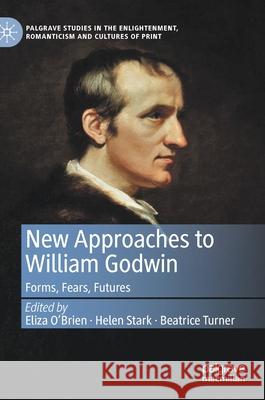New Approaches to William Godwin: Forms, Fears, Futures » książka
topmenu
New Approaches to William Godwin: Forms, Fears, Futures
ISBN-13: 9783030629113 / Angielski / Twarda / 2021 / 308 str.
New Approaches to William Godwin: Forms, Fears, Futures
ISBN-13: 9783030629113 / Angielski / Twarda / 2021 / 308 str.
cena 533,13
(netto: 507,74 VAT: 5%)
Najniższa cena z 30 dni: 501,19
(netto: 507,74 VAT: 5%)
Najniższa cena z 30 dni: 501,19
Termin realizacji zamówienia:
ok. 16-18 dni roboczych.
ok. 16-18 dni roboczych.
Darmowa dostawa!
Kategorie:
Kategorie BISAC:
Wydawca:
Palgrave MacMillan
Język:
Angielski
ISBN-13:
9783030629113
Rok wydania:
2021
Wydanie:
2021
Ilość stron:
308
Waga:
0.54 kg
Wymiary:
21.01 x 14.81 x 1.91
Oprawa:
Twarda
Wolumenów:
01
Dodatkowe informacje:
Wydanie ilustrowane











